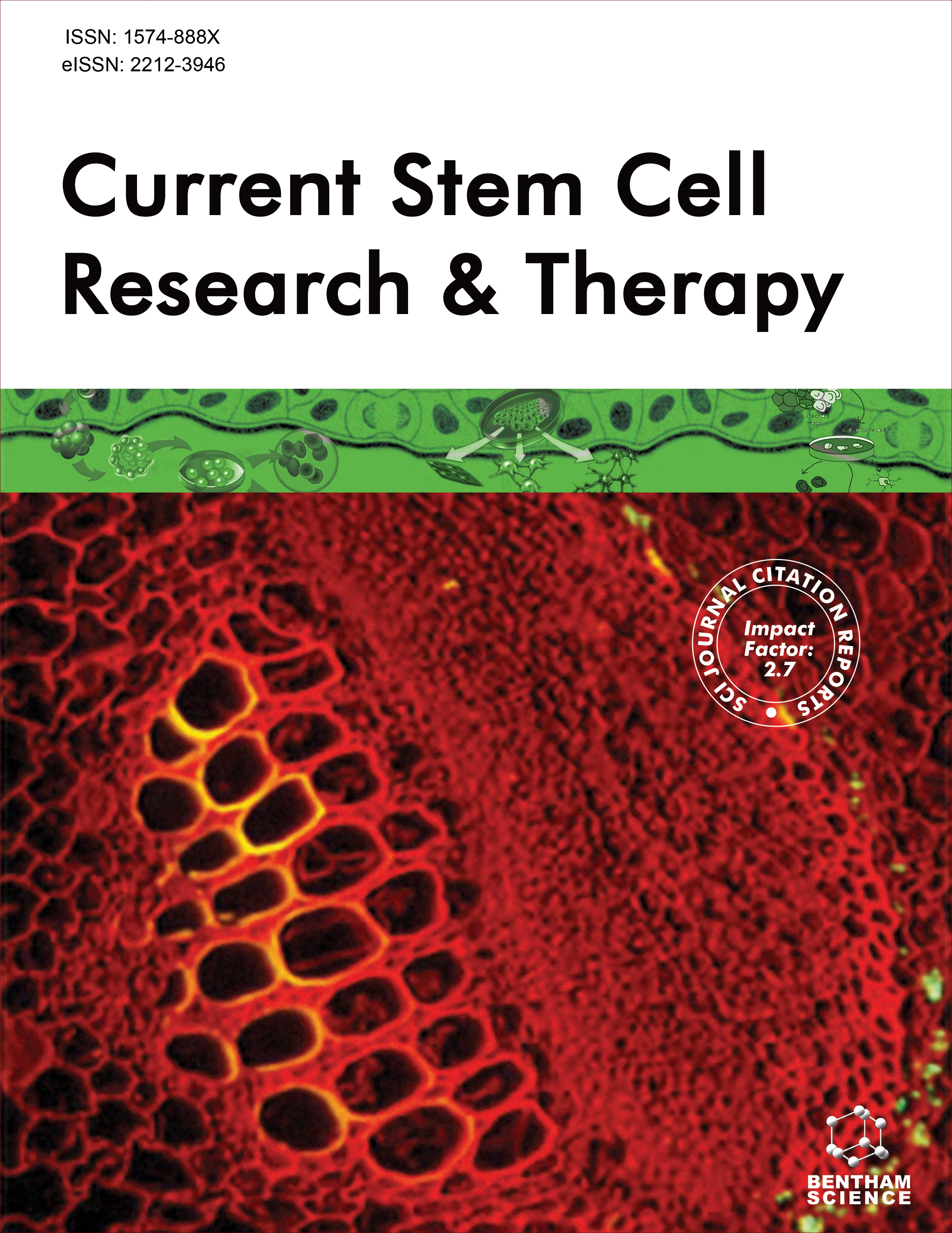
Full text loading...
This study aims to explore the therapeutic potential of mesenchymal stem cells (MSC) in treating diabetic nephropathy (DN) by investigating their effect on IL-11 modulation in a mouse model.
The effects of MSC therapy on DN were examined both in vivo and in vitro. Sixty adult male C57BL/6 mice were divided into the streptozotocin (STZ) diabetes (T1D) and the high-fat diet diabetes (T2D) models, with both groups receiving MSC treatment or saline for 4 or 8 weeks. Blood glucose, serum urea, interleukin-11 (IL-11), and kidney fibrosis markers were measured. Additionally, western blotting was used to assess levels of Type I and III collagen, E-Cadherin, α-smooth muscle actin (α-SMA), Vimentin, and ferroptosis suppressor protein 1 (FSP-1).
MSC-treated T1D and T2D mice showed reduced blood glucose, serum urea, IL-11, TGF-β, and fibrosis markers (type I and III collagen, α-SMA, Vimentin, FSP-1), alongside increased E-Cadherin expression. Similar effects were observed in vitro using mouse glomerular epithelial cells, confirming MSC-mediated suppression of fibrosis pathways.
MSC therapy improves nephropathy, likely by inhibiting IL-11 and reducing fibrosis-related markers, making it a promising treatment for DN.

Article metrics loading...

Full text loading...
References


Data & Media loading...
Supplements

